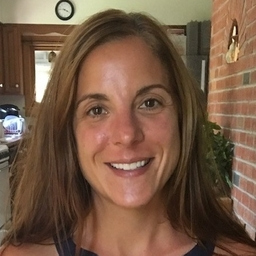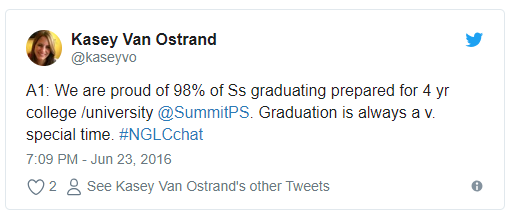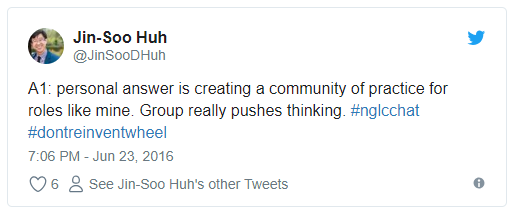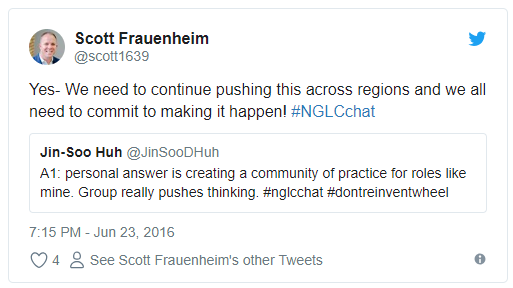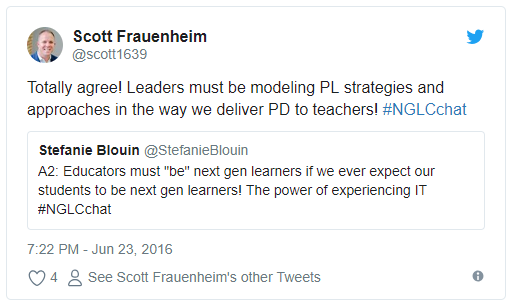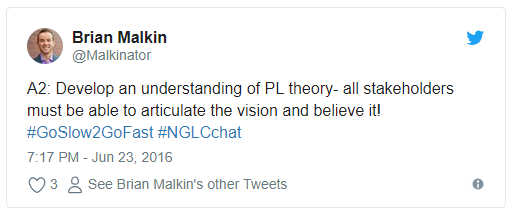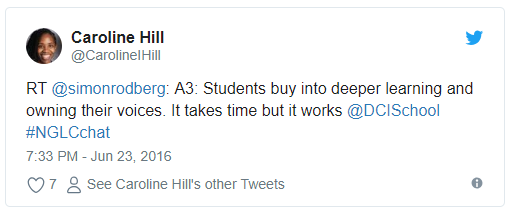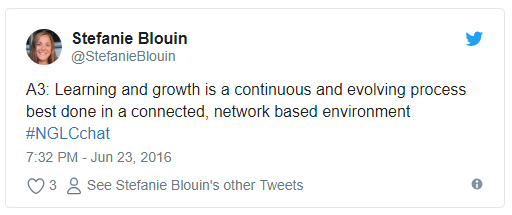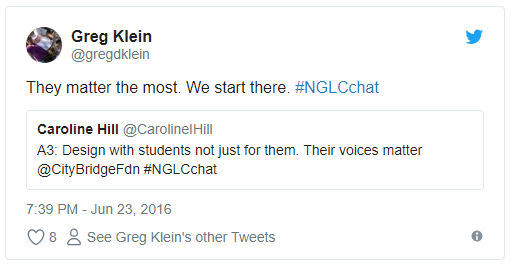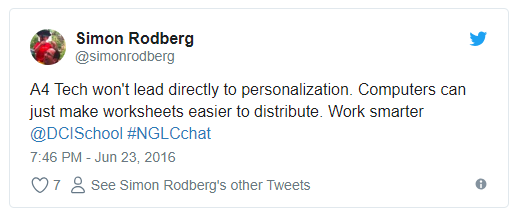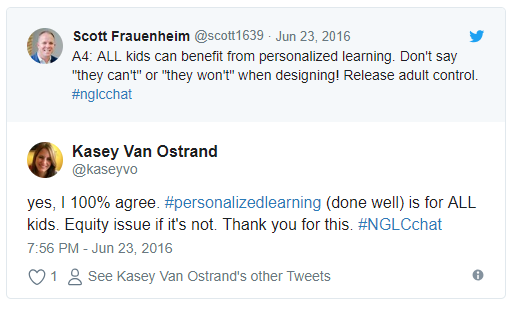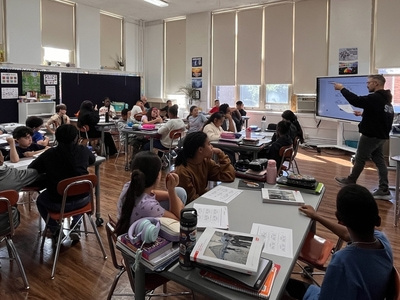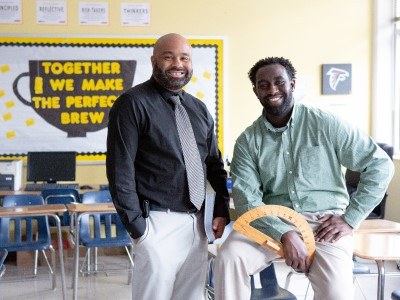Professional Learning
School’s Out for the Summer! Next Gen Educators Share Reflections on Learning
Topics

Educators are the lead learners in schools. If they are to enable powerful, authentic, deep learning among their students, they need to live that kind of learning and professional culture themselves. When everyone is part of that experiential through-line, that’s when next generation learning thrives.
Top Takeaways from the #NGLCchat on End-of-Year Reflections
The end of the year is a natural time for educators to pause and reflect, with careful observation, analysis of practice, and experimentation with innovative ideas.
The end of the year is a natural time for educators to pause and reflect. Reflection depends on careful observation and analysis of practice as well as experimentation with innovative ideas and strategies. By sharing learning transparently and publicly, the community of educators can learn from and with each other. It’s an opportunity to engage in a rich dialogue with those outside our individual organizations, and often this approach pushes and extends thinking and learning. Not surprisingly, then, we wrapped up the school year of #NGLCchat by dedicating an hour for reflection. Featured guests and participants tackled four key questions:
- What are you most proud of this year?
- What was your “learning moment” this year? What did you learn?
- What hypotheses did you have about this work, about school and learning, that proved accurate?
- What hypotheses did you have about this work, about school and learning, that proved inaccurate?
The individual responses are fascinating and worth checking out. This post captures broad themes for a collective perspective on the conversation.
Q1. What are you most proud of this year?
Q2: What was your "learning moment" this year? What did you learn?
Q3: Your school models are based on working hypotheses related to student learning. What hypotheses did you have about this work, about school and learning, that proved accurate?
Q4: Your school models are based on working hypotheses related to student learning. What hypotheses did you have about this work, about school and learning, that proved inaccurate?
Related Posts
- The Power of Learning Networks - Guest blogger Laurie Gagnon of the Center for Collaborative Education shares how the Assessment for Learning Project network is framed as a “Learning Agenda”—each project is focused on wider learning from the work even as they are doing the work.
- School’s Out for the Summer! Revisiting the Hypotheses Behind Next Gen Learning - Find out how several of our leading school innovators answered two questions about the previous school year. Their answers might surprise you.

